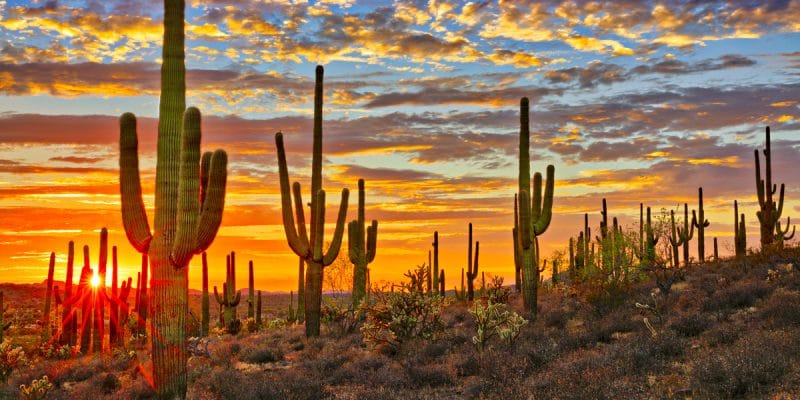Edible and resistant to drought, the virtues of the cactus are of great ecological interest in the south of Madagascar, where the plant is used for energy. The speed of fermentation of the cactus makes it possible to produce biogas faster and in greater quantities.
A bioenergy project to plant cactus on 1,000 hectares in the south of Madagascar in the coming years is currently being developed. We learnt from agricultural engineers at the cactus day on December 11, 2019 in Antananarivo.
Cactus, these xerophytic plants, which store juice reserves in their tissues to cope with long periods of drought, have enormous advantages in biogas production. In southern Madagascar, where these plants grow abundantly, experiments in the locality of Toliara have shown that the biogas yield of this plant is double that of the main energy crops grown or waste streams. This is because they grow very fast and have a high rate of decomposition into organic matter.
With appropriate agronomic practices for this arid area, one hectare of cactus can produce up to 400 tonnes of biomass. The rapid fermentation of this biomass will produce methane, which can be used in cooking. As a result, households no longer have to clear the forest in search of wood. This constitutes a real ecological progress for the 1.8 million inhabitants of the great Madagascan south, who consume at least 100 tons of charcoal per day, the equivalent of a thousand tons of wood.
Cactus also protect the soil against erosion.
In addition to substituting wood for cooking in households and reducing deforestation, the cactus can also be used in agriculture. Planted in strips in fields, it is also an obstacle to wind and water erosion.
This is where the GIZ (German Agency for Technical Cooperation) project comes into play. The institution wants to import cactus from the south of Madagascar to Boeny in the northwest of the country, with a view to rehabilitating and protecting 39,000 ha of land, including 7,000 ha for agricultural use for food security and 32,000 ha of grazing land.
Boris Ngounou






